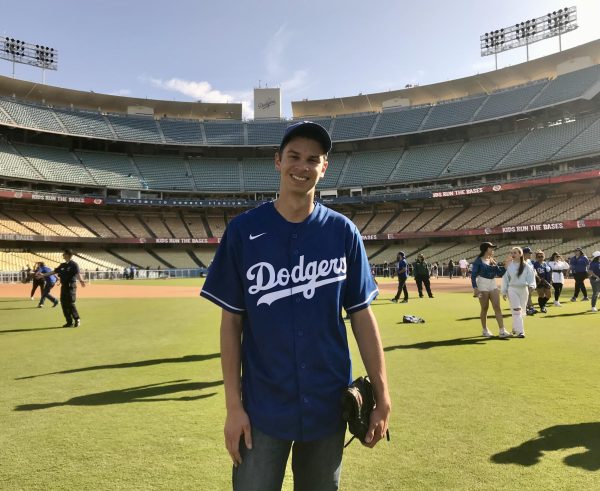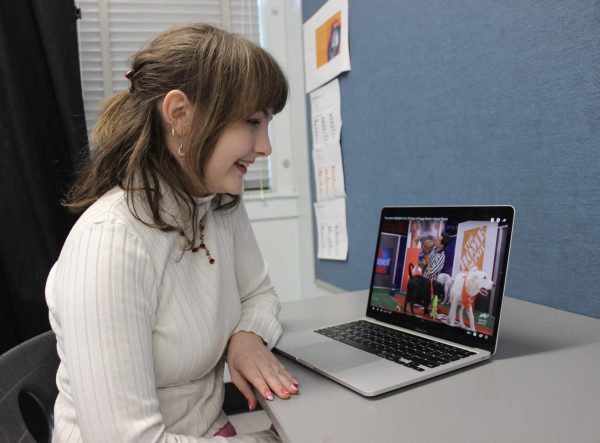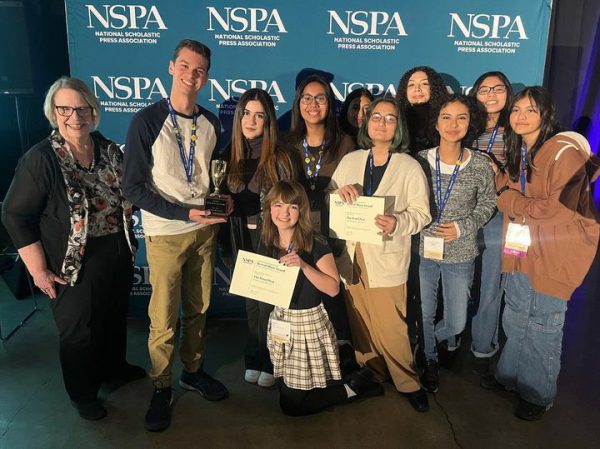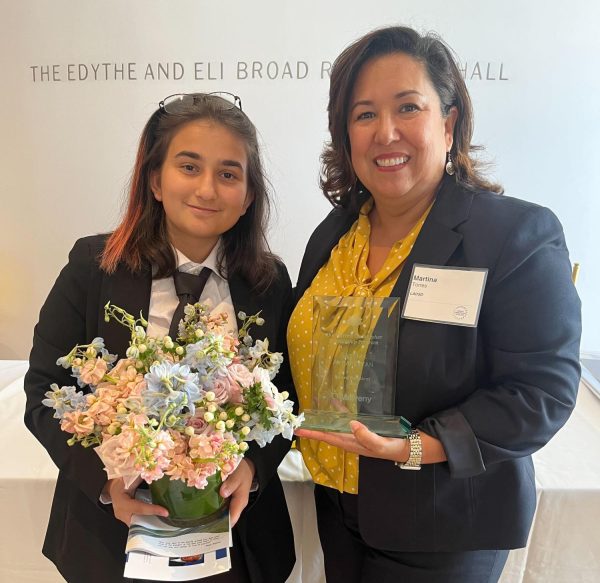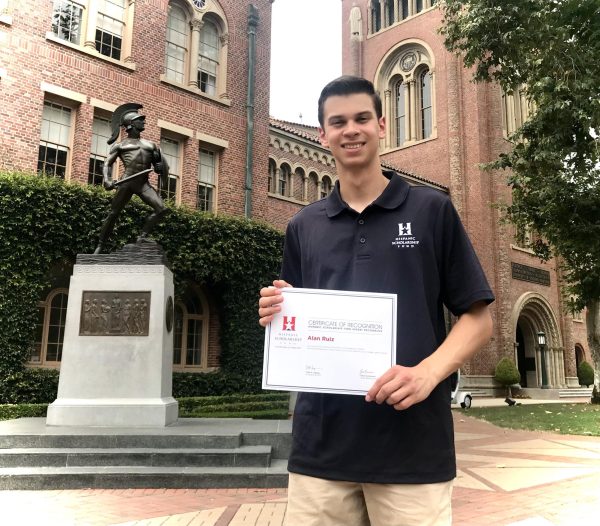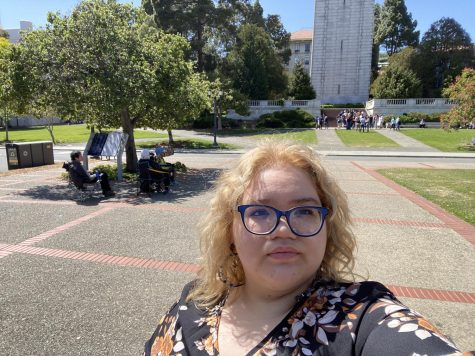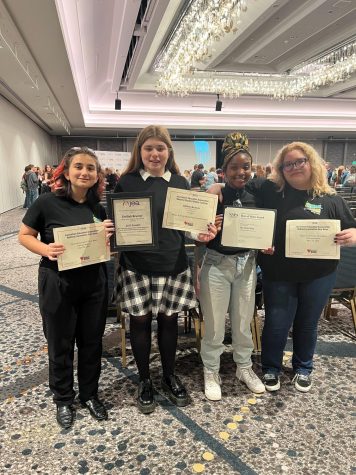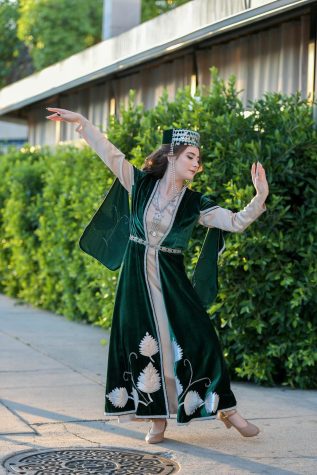You’re free, Genie: A tribute to Robin Williams
Nearly a month ago to this day, Robin Williams took his own life in his home in Tiburon, Calif. Though his death no longer crawls across breaking news, I felt compelled to write this piece now, not only to get my feelings about Robin’s death out, but because Suicide Prevention Day is this Wednesday, September 10. All are encouraged to wear yellow on the 10th as a showing of solidarity with those who may be battling depression or suicidal thoughts. This is as much an appreciation of Robin as it is a reminder that no suicide is without cost, not only in the life of the one who passes, but in the effects of the suicide in the lives of those around the departed.
Robin Williams. Many would say that he was one of the greatest comedy actors of this era. I agree with this, but I’m not sure that actor is the right term. I say that for two reasons. First, most of Robin’s characters were not Robin reading from a script, but Robin simply getting in front of the camera being Robin. All- and by all I mean every word, down to the period- of Adrian Cronhauer’s radio programs in “Good Morning Vietnam” were ad-libbed by Williams, for example.
The second reason that I say the word actor doesn’t apply is because I think that Robin was much more of a teacher in his roles. All of them, from Aladdin’s Genie to John Keating, had one message, a message embodied by Robin: be you. Don’t conform to what society says you should do, think your own thoughts and to follow your own path, an idea I subconsciously took to heart watching Robin’s movies as a young child, and a mentality I maintain to this day.
And it’s for these reasons, the lack of a veil between Robin and the audience and his teaching to accept yourself as the best you can be, are the reasons that we not only connected with Robin’s characters more as an audience, but why we mourn his death so much more as a people.
Robin Williams’ death was one of those deaths that you take with disbelief. When I first heard about it, my initial reaction was “What?!” In my opinion, it was definitely his time to leave us, a though echoed by the newscasts as time went by. It didn’t really hit me that he was gone until a few days later, and even then part of me was still skeptical in a way, not wanting to accept that he had gone. In a way, he still lived through all of the acts of kindness people exhibited after he passed, the numerous paintings and tweets accompanied by three simple words: “You’re free, Genie.” Those three words tugged at mine, and millions of others’ heartstrings. Other events included the memorials at the Good Will Hunting bench and the Mrs. Doubtfire house. All of us begging, pleading in our own way, that Robin wasn’t gone, that’d he’d be back. “Just roll a five or an eight guys, and he’ll come back!” I saw many post in melancholy farewells.
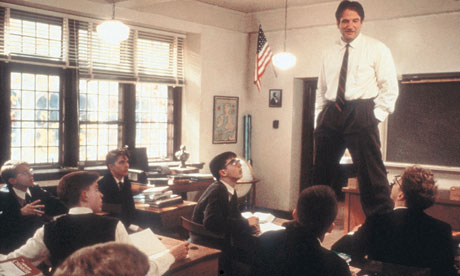
The disbelief continued when it was revealed that Robin was battling depression (at least for me, I didn’t know that). How could someone so energetic, so full of life, have that disorder? It puzzled me, especially given that most of the roles I knew him from were that classic, manic and excited personality of his. Part of the reason I think that Robin’s death got to me more than other celebrity deaths was the fact that me and a few of my friends, if not all of them, exhibit varying degrees of that manic-ness in Robin that we all loved and that made him… well, Robin. But even after all of that, part of me still wasn’t letting it go. It really wasn’t until I saw Robin’s face on the big screen at the end of the “In Memoriam” section of the Emmys that I realized that he was really gone, that he wasn’t coming back. But I got my closure, as I think many others did, through Billy Crystal’s touching tribute to Robin. It wasn’t grandiose or huge, it was a simple reflection on a life we lost too early. The part that finally let me deal with Robin’s passing:
“It’s very hard to talk about him in the past, because he was so present in all of our lives. For almost 40 years, he was the brightest star in the comedy galaxy. But while many of our greatest celestial bodies are extinct now, their energy long since cooled, but miraculously, because they float in the heavens, so far away from us now, their beautiful light will continue to shine upon us forever. And the glow will be so bright, it’ll warm your heart, it’ll make your eyes glisten, and you’ll think to yourselves: ‘Robin Williams. What a concept.’”
Those are my thoughts on Robin. As a parting thought, I say this: “O Captain, my Captain, farewell my Captain.”
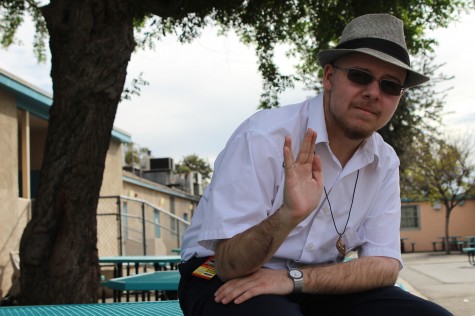
Chris Bower is the Online Editor-in-Chief of The Pearl Post. Chris has been on staff for three years, starting as Tech Editor and then becoming Features...



